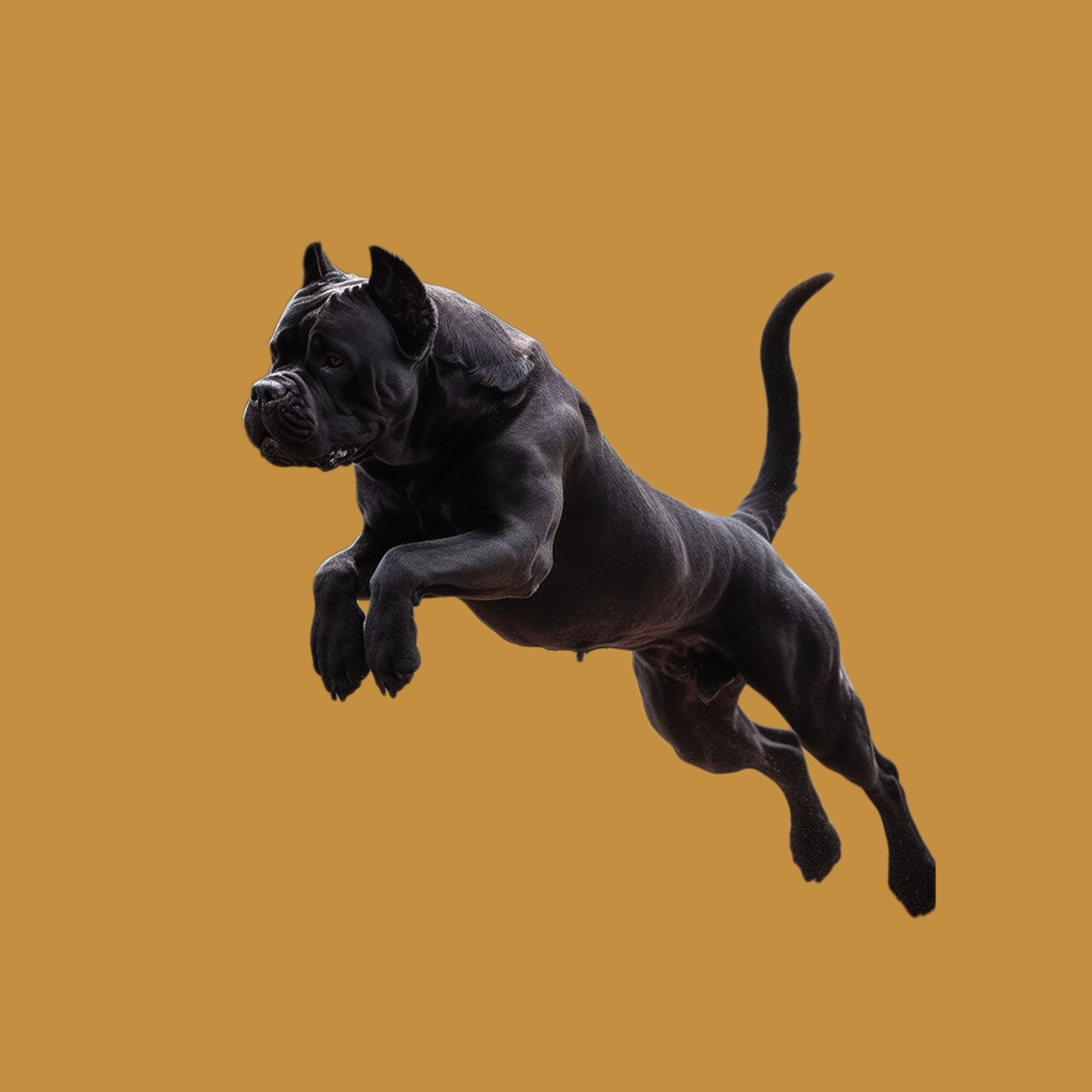Hip Dysplasia
Hip dysplasia is a common health problem in large breeds and is caused by joint deformation. Hip dysplasia results in arthritis and movement difficulties, which are often associated with particular discomfort for companion animals. Regular exercise, maintaining a healthy weight, and proper nutrition can significantly alleviate the symptoms caused by hip dysplasia. Practicing competent care and screening for hip dysplasia is another wise way to detect the problem at an early stage and treat it appropriately.
Idiopathic Epilepsy
Idiopathic epilepsy is a neurological problem that is characterized by sudden seizures. The cause of this medical condition is a genetic propensity to the disease, which greatly problematizes the possibility of its prevention. Regular veterinary examinations and medical treatment are the best solutions to manage the disease.
Anomaly of the Eyelids
Eyelid anomalies, such as inversion or eversion, can lead to visual discomfort in our cherished family members. Regular veterinary examinations play a crucial role in early detection and effective treatment of the disease. Proactively monitoring your pet’s eye health ensures prompt intervention and maintains their visual well-being. This preventative approach is essential in addressing potential issues swiftly, safeguarding the visual comfort and overall health of your valued companion. Regular check-ups with a veterinarian become a cornerstone in preserving the optimal vision and happiness of this important member of your family.
Bloating
Bloating is a life-threatening condition in companion animals. During bloating, along with general restlessness, the stomach quickly fills with gas and causes discomfort with movement. To prevent bloat, it’s advised to feed your companion animal small portions and keep from active exercise after meals.
Ear Infection
To reduce the risk of developing infections, regular cleaning of the ear and keeping it hygienic is of particular importance. Use a veterinarian-recommended ear-cleaning solution and gently clean your companion animal’s ears with a cotton swab. Be careful not to damage the ear canal during this process. Since moisture creates the perfect environment for bacteria to develop, make sure your companion animal’s ears are dry immediately after the cleaning procedure.
გამრავლებისთვის შესაფერის გარემოს ქმნის, ჰიგიენური პროცედურის დასრულებისთანავე დარწმუნდით, რომ თქვენი კომპანიონი ცხოველის ყურები მშრალია.

